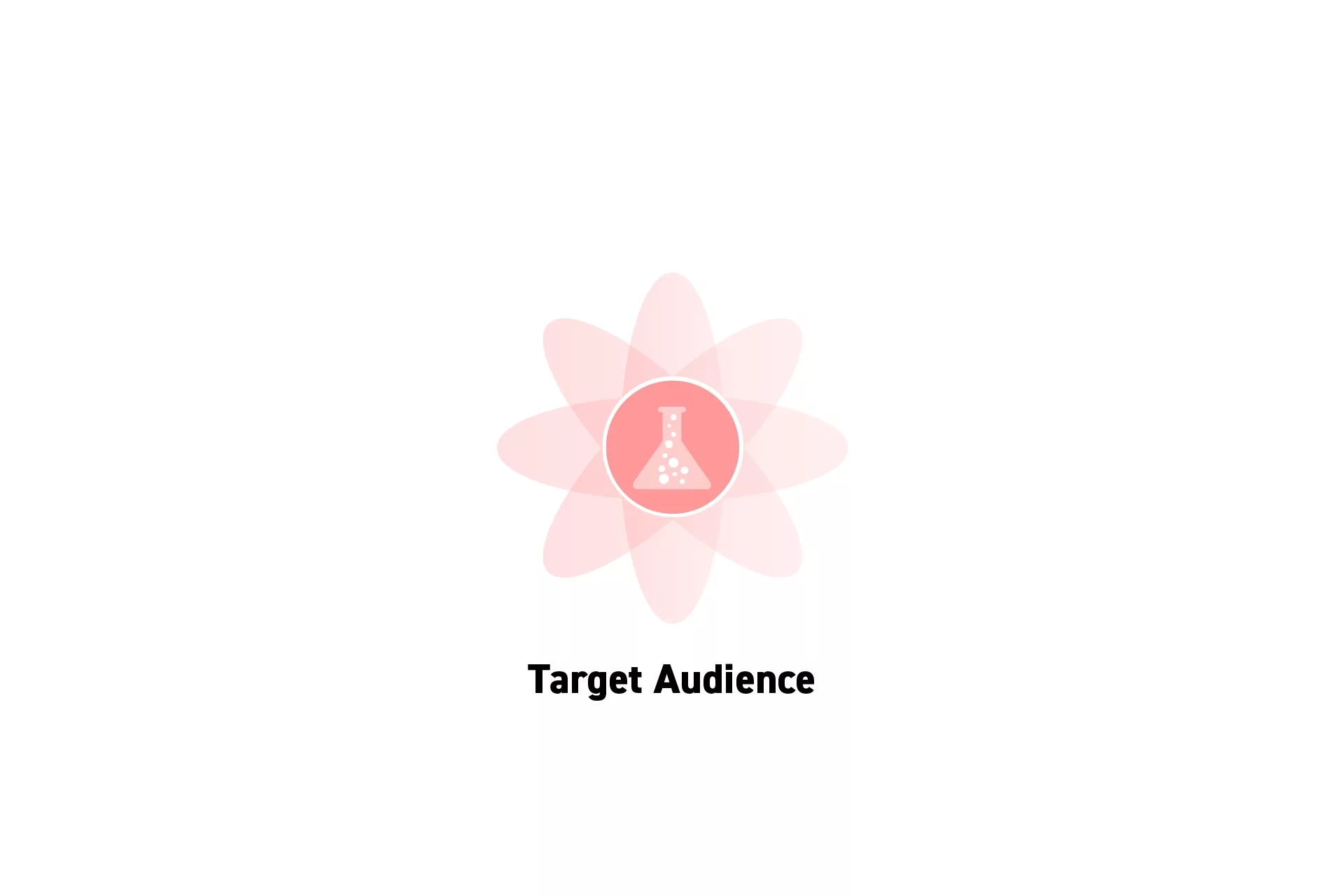How to define a Target Audience
Answer the following five questions and write a statement that defines your target audience.

Answer the following five questions and write a statement that defines your target audience.
SubscribeWhat is a Target Audience?Knowing who you are creating for or selling to is fundamental to the success of any product, service or experience (i.e. a creation).
This is often referred to as the target audience and can be defined using the following process.
Examples of Target Audiences
- Millennial or Gen Z Foodies living in metropolitan areas that are looking to become better chefs. They currently earn between $80K - $120K and spend between $2K-$5K a year on courses and kitchenware discovered through Instagram.
- 8-16 year old Athletes that are trying to become a professional at their sport. Their parents are invested in their growth and invest $10K - $15K a year on helping them achieve their dreams.
- Directors with Masters Degrees or Higher, earning $150K+/year who are seeking to become executives but need coaching to achieve their goals.
- International Students living in New York City that are in the US for lifestyle more than education. They spend between $2K+ a month on outings and live off Yelp recommendations as they do not have a recommended platform in their language.
- Survivors of traumatic events that speak english that cannot afford to pay for a therapist. They spend their time on social media and are looking for content that will help them become a better person and will pay for help once they have found the right thing.
How to define a Target Audience
Answer the following questions and write a statement similar to the examples above to define your target audience.
Q1/ Who are they?
When defining your target audience it is important to know who you are selling to.
Things that will help you define the audience include:
- Age
- Gender
- Job Title
- Industry
- Income
- Location
- Education Level
- Interest
- Hobbies
Please note that these are suggestions and that you don't have to define your audience using all the suggestions listed above.
Q2/ What are their desires ?
What you need is not what your audience needs.
List out what your audience need to fulfill their needs and desires.
Things that could help you define their desires are:
- What are their goals?
- Where are they and where would they like to be?
- What makes them feel special?
- What is lacking in their life?
- How could you (or your creation) help them solve their problem (Consult Q3)?
- How could you (or your creation) help reduce friction in their life (Consult Q3)?
Q3/ What are their pain points ?
Understanding your audience's pains and the friction that they live on a day to day is quintessential to creating something that is of value to them.
Things that could help you define their pain points are:
- What was the problem that they were trying to solve?
- How are they currently solving the problem ?
- If they used other vendors or creations in the past, what issues did they run into with them?
- Is there anything that could improve their life or problem?
Q4/ What is their lifestyle like?
Understanding how your audience lives their life on a day to day is important to understanding how a creation fits in and augments their lives.
Things that could help you define their lifestyle include:
- What activities do they do?
- What do they search for?
- Who are their influencers?
- What brands do they subscribe to or purchase frequently?
- What are their values?
- What does their day to day look like?
- Where does the problem sit within their day to day
Please note that these are suggestions and that you don't have to define your audience using all the suggestions listed above.
Q5/ Who is currently fulfilling their demand?
Knowing who you are competing against is fundamental to creating a differentiate product, service or experience.
To learn more about how to create a competitive analysis, consult the link below.
Persona's
It is recommended that you create persona's that represent your target audience. These persona's should ideally be real people in the real world that you are testing your product, service or experience with on a regular basis.
Looking to learn more about Research and Strategy?
Search our blog to find educational content on research and strategy.